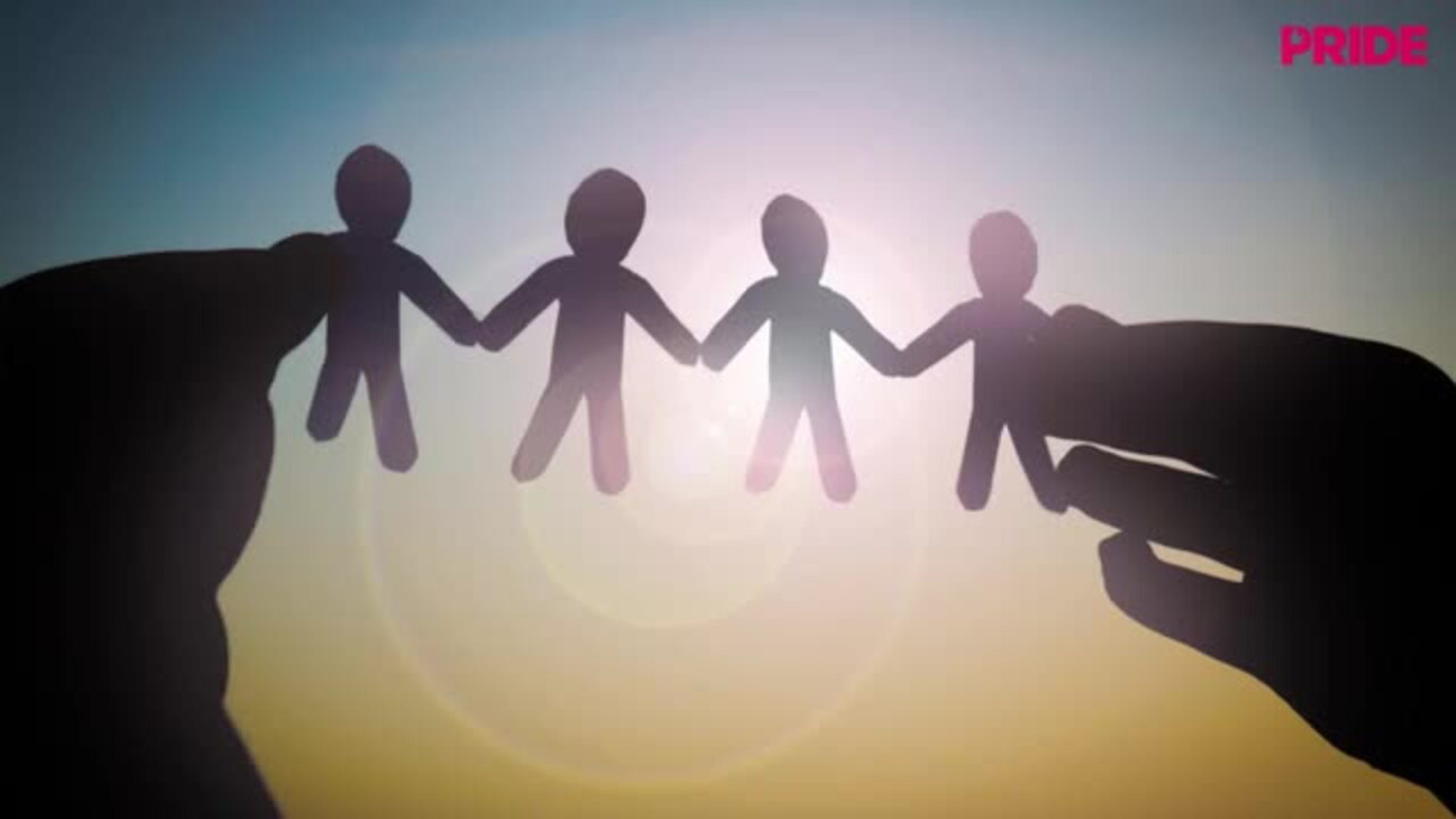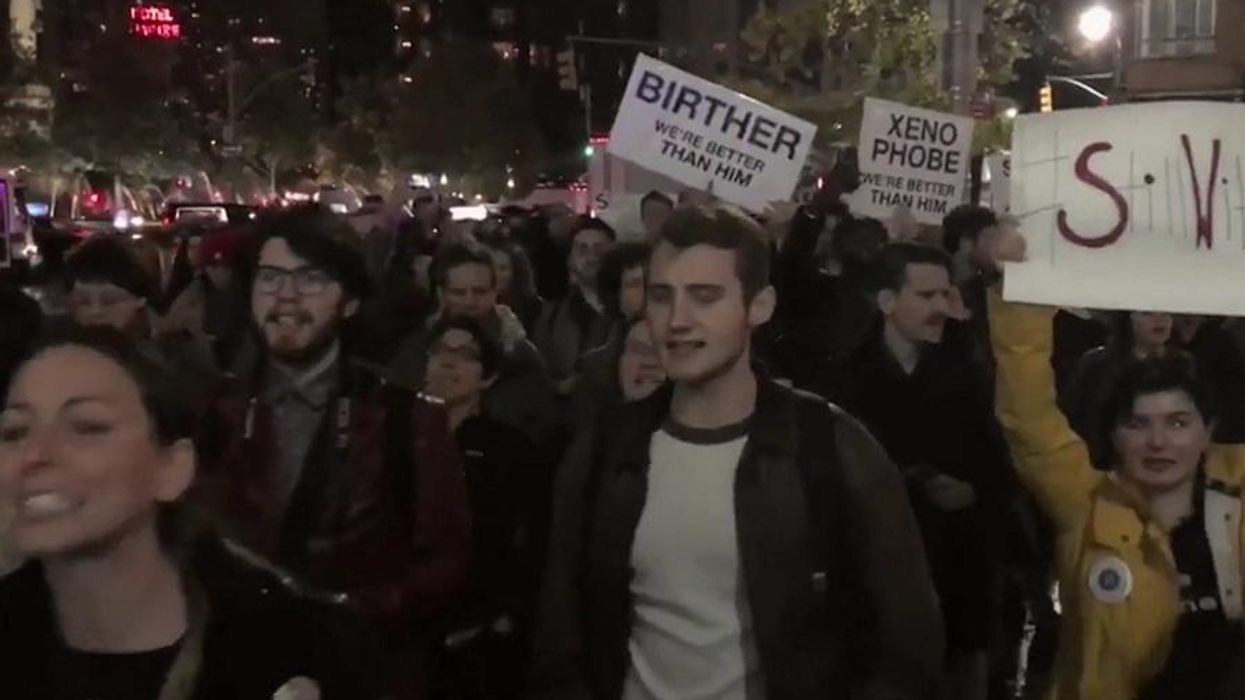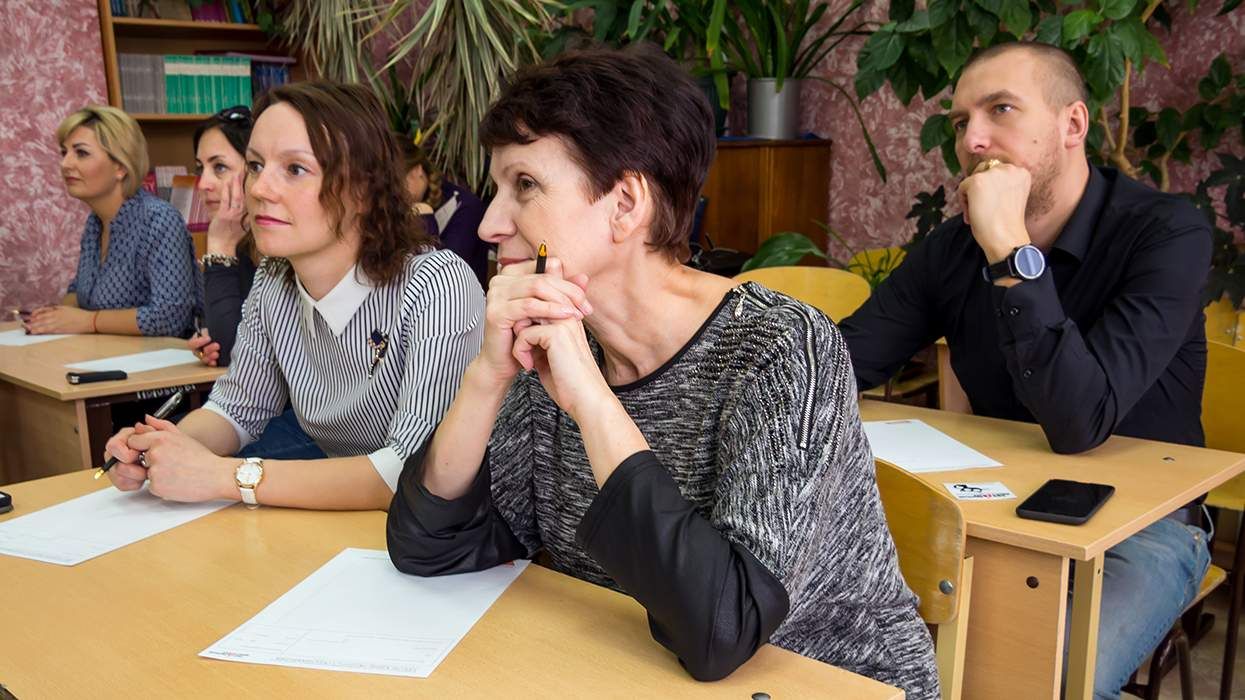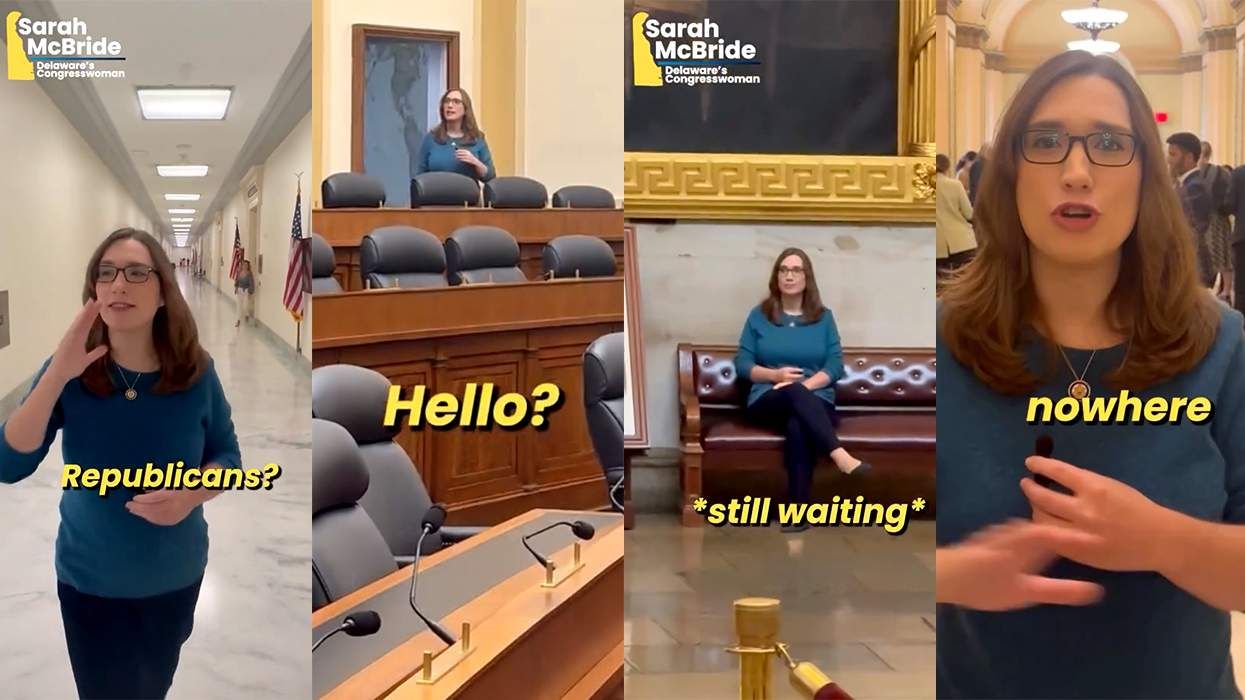Social media can be an effective way to spread information, but it’s also easily monitored and censored, and it might not have the same kind of impact as activism that takes place offline. While we should use all the tools at our disposal to fight violations of civil rights, that also means taking time away from our Twitter feed every day to make an impact in our communities. Here are 5 ways to take your activism offline and into the streets.
1) Participate in a protest.Peaceful protest is an effective way to draw a lot of attention to your cause and to meet other local activists. While social media is a useful way to get the word out about protests, showing up in large numbers has a much bigger impact than tweeting. We can also learn a lot from the protest tactics AIDS activists used against the Reagan administration.
2) Reach out to your neighbors.
If you’re not sure where to find other activists in real life, start close to home by knocking on your neighbors’ doors. Offering a simple message of solidarity by letting them know you don’t stand for the hateful policies Trump and his appointees support is a good way to figure out who else is committed to fighting against those policies. If you’re nervous about approaching people in real life, bring cookies. We could all use some comfort food right now.
3) Focus on community building.
Sometimes the task ahead seems so overwhelming that it’s difficult to know where to start. Community building is a good way to get involved and see an impact quickly. If you’re not Muslim, does a mosque near you have an interfaith program you can join? Do your neighbors need a volunteer tutor for their child? If you’re not sure, try joining Big Brothers Big Sisters. If you’re passionate about HIV prevention, volunteer at a needle exchange program or HIV testing clinic. If you want to support access to abortion, become a clinic escort. You could also volunteer your services to families in need—whether it’s teaching someone a second language, helping them fix their plumbing, or proofreading their resume. We need millions of small acts of generosity and kindness to get us through difficult times.
4) Print pamphlets and zines.
Pamphlets and zines may be a more useful way to distribute information than social media because people who are less receptive are less likely to tune it out. You can distribute printed materials more anonymously, and they’re harder to monitor and censor. Plus, there’s no comments section.
5) Create art that Trump would attack on Twitter.
\u201cTonight, VP-Elect Mike Pence attended #HamiltonBway. After the show, @BrandonVDixon delivered the following statement on behalf of the show.\u201d— Hamilton (@Hamilton) 1479528965
Art can be a powerful form of political activism. Like pamphlets and zines, it can reach a larger audience than the curated social bubbles we find ourselves in online. It can also provide representation to a marginalized group of people, foster empathy, and challenge deeply held beliefs. I know that social media can be a good place to share information or to connect with people outside our local communities, but we should also be aware of how much time we’re spending scrolling through tweets that tell us the same information over and over again. Instead, we could spend some extra time every day making the kind of art Trump would angrily tweet about.



























































